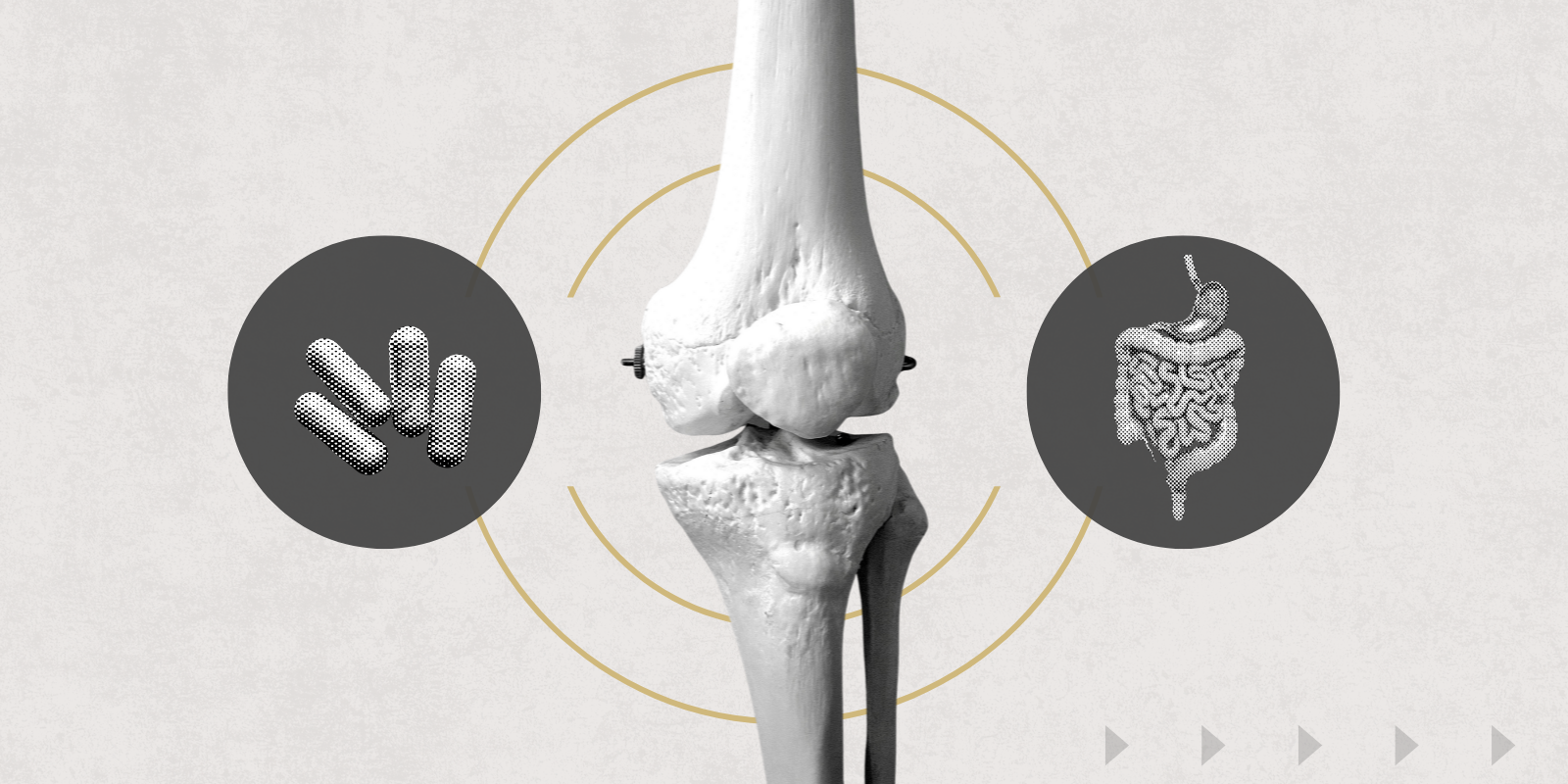12 Foods High in Collagen To Boost Your Intake
:max_bytes(150000):strip_icc()/Collagen-a194f0e3baa04d11b894b019c9730de4.jpg)
Your body naturally produces collagen, but its production declines with age and sun exposure. Eating a diet full of foods high in collagen, such as bone broth, fish, chicken, and beef, can protect your skin, muscles, and ligaments.
Collagen is a protein that makes up about one-third of your body’s total protein content. It serves as a building block for your skin, bones, muscles, tendons, and ligaments.
Animal bones are a rich source of collagen. The slow simmering process of bones and connective tissues in water allows the collagen in the bones to break down into gelatin, which your body can more easily absorb.
Even though bone broth provides key amino acids and minerals for collagen synthesis, certain supplements may still be your best source.
Collagen derived from fish, known as marine collagen, has high bioavailability. Your body absorbs it more effectively than collagen from other sources.
Marine collagen consists mostly of type I collagen, which promotes the health and elasticity of skin, bones, tendons, and other tissues. For those who follow a pescatarian or semi-vegetarian diet, fish can be an alternative to beef or chicken.
Chicken, specifically chicken cartilage, is a natural source of collagen. It is rich in type II collagen, which supports joint health and may alleviate arthritis symptoms. Opt for chicken wings or a cut served with its skin.
Bovine hide and bones are a rich source of collagen. The collagen derived from beef, or bovine collagen, is primarily composed of type I and III collagen. These types are essential for the health and strength of skin, bone, tendons, fibrous cartilage, connective tissue, and teeth.
Cuts of steak that include connective tissue also contain collagen. The collagen in steak is not as readily accessible as it is in cuts that contain more tendon meat, like short ribs.
Egg whites are a source of proline, one of the amino acids necessary for collagen production. Although the yolks do not contain collagen, they are rich in nutrients essential for collagen production.
You can enjoy eggs scrambled, hard-cooked, or poached. They are a source of protein that makes it easy to include additional nutrients in your diet.
Citrus fruits do not contain collagen, but oranges and grapefruits are high in vitamin C. This nutrient helps synthesize pro-collagen, which is the body’s precursor to collagen.
While berries do not have collagen, they can help your body make it naturally. Similar to citrus fruits, berries are a natural source of vitamin C. Vitamin C enables your body to form collagen and use it more effectively.
Garlic does not contain collagen, but it contributes to collagen production. It is rich in sulfur, which may help make collagen and prevent its breakdown in your body. Garlic also contains taurine and lipid acid, which are compounds that help rebuild damaged collagen fibers.
Milk, cheese, and yogurt can indirectly support collagen production. While they do not contain collagen, they are rich in the essential amino acids proline and glycine, which are key components in collagen.
Proline and glycine help maintain skin elasticity and promote joint health. The calcium and vitamin D in dairy products also support bone health and development.
While cashews do not directly contain collagen, they aid collagen production. Cashews are a source of copper, a mineral that helps develop collagen and elastin. Elastin gives strength and flexibility to your skin.
Cashews are also a source of zinc. This trace mineral is essential for your body’s ability to repair itself and create collagen.
Pork rinds are made from pig skin, which contains a significant amount of naturally occurring collagen. Your body breaks this collagen into amino acids, which it can use to repair and rebuild its own collagen.
Pork rinds are also high in protein and glycine, an essential amino acid crucial for collagen synthesis. Try to choose baked pork rinds when you can.
Oysters play a vital role in collagen production. High in zinc, just a few oysters can provide more than the daily recommended intake of this essential mineral.
Zinc helps create and repair collagen to promote skin health and healing. Oysters are also rich in amino acids like glycine and proline, the primary building blocks of collagen proteins.
Including collagen or nutrients that support collagen production in your diet may offer benefits, such as:
- Helps build muscle mass: Collagen contains the amino acid glycine, which plays a role in creatine synthesis. Creatine can provide your muscles with fuel to power through workouts, which may enhance muscle mass.
- May improve heart health: Collagen provides structure to your arteries, which prevents them from weakening.
- Promotes skin health: Collagen contributes to your skin’s elasticity, hydration, and overall health. Aging and environmental factors decrease collagen, which can cause dry skin and wrinkles.
- Reduces joint pain: Collagen helps maintain the integrity of cartilage, or the rubber-like tissue that protects your joints. Increasing your collagen intake may ease joint pain and arthritis symptoms.
- Supports bone health: Like your joints and skin, your bones are rich in collagen, which keeps them strong and healthy. As you age, collagen levels decrease, which leads to conditions like osteoporosis.
Adequate collagen may support skin and bone health. While collagen supplements get the most attention, many foods are also high in collagen. Try adding foods like fish, bone broth, and even pork rinds to consume the collagen you need naturally.
link







